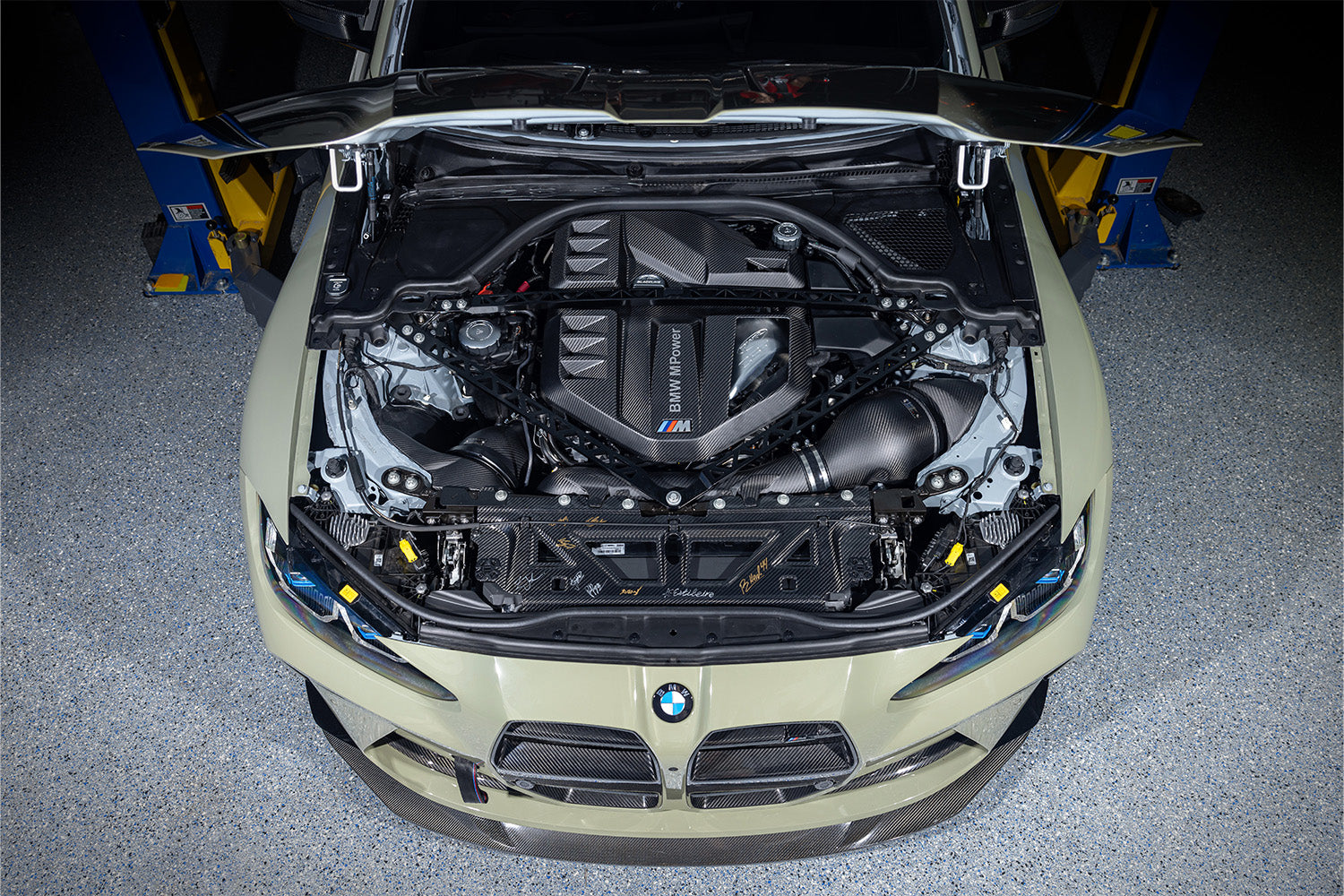Revealing the Tricks Behind the Power of the BMW Engine
Revealing the Tricks Behind the Power of the BMW Engine
Blog Article
Unveiling the Intricacies of Next-Generation Power Units: a Deep Dive Into Advanced Engine Styles and Advancements
As we stand on the precipice of a new period in transportation, the intricacies of next-generation engine styles bid us to check out the cutting-edge innovations and developments that assure to redefine the driving experience. Delving much deeper into the realms of discharge control, intelligent engine monitoring systems, and the perspective of power unit growth, we find ourselves on the cusp of an improvement that promises to reshape the landscape of flexibility as we know it.
Development of Engine Products

The change in the direction of progressed engine materials has also allowed engineers to create engines with greater power results while keeping gas efficiency standards. For instance, making use of light-weight products lowers the overall weight of the engine, leading to improved fuel economic climate and lower discharges. Furthermore, improvements in products modern technology have actually permitted much better thermal administration within engines, leading to enhanced reliability and longevity.
Turbocharging and Supercharging Technologies
How do Turbocharging and Supercharging Technologies transform engine performance and efficiency in modern-day automobiles? Turbocharging and supercharging are modern technologies that substantially enhance engine efficiency by enhancing the amount of air consumption into the burning chamber. Turbocharging achieves this by making use of a wind turbine driven by exhaust gases to pressurize the consumption air, while turbo charging uses a belt- or chain-driven compressor to attain the same result.
These modern technologies allow smaller sized, a lot more fuel-efficient engines to produce power equal to larger ones, referred to as downsizing. Forcibly even more air right into the cyndrical tubes, turbo charging and turbocharging improve combustion performance, leading to raised horsepower and torque result without a considerable rise in engine size. This causes better acceleration, towing capability, and total driving performance.
Furthermore, supercharging and turbocharging add to boosted fuel effectiveness by permitting the usage of smaller engines that take in much less fuel under typical driving problems - bmw engine. This mix of enhanced performance and effectiveness has actually made turbocharging and supercharging important components of several contemporary engine designs
Discharge Control and Environmental Influence
With enhancing global problems regarding air quality and ecological sustainability, the execution of emission control technologies in cars plays an essential role in lowering damaging contaminants launched right into the atmosphere. Modern vehicles are geared up with sophisticated emission control systems that help reduce the environmental effect of automobile operations. Catalytic converters, as an example, are created to convert hazardous gases such as carbon monoxide, nitrogen oxides, and hydrocarbons into less hazardous compounds like carbon dioxide and water vapor.
Additionally, developments in engine technology, such as the integration of exhaust gas recirculation systems and selective catalytic decrease, have actually substantially added to reducing emissions. These technologies operate in tandem to maximize burning performance and lessen the release of damaging contaminants into the air. In addition, the advancement of hybrid and electric vehicles stands for a critical action towards reducing the total ecological footprint of the transportation market.
Intelligent Engine Management Equipment

In addition, these systems allow vehicles to satisfy stringent exhausts standards without endangering performance, giving a much more eco-friendly driving experience. The integration of expert system and device learning abilities in engine monitoring systems continues to press the boundaries of what is possible, bring about further renovations in efficiency, Find Out More dependability, and total vehicle efficiency. bmw engine. As auto technology developments, intelligent engine administration systems will certainly play an important duty fit the future of transportation in the direction of a more reliable and lasting direction
Future Trends in Power Unit Advancement
As smart engine management systems pave the means for improved control and optimization in contemporary cars, future patterns in power unit development are poised to redefine the landscape of auto propulsion innovations. These alternative power resources use enhanced efficiency and efficiency while aligning with rigorous ecological guidelines.
An additional substantial fad is the combination of innovative materials and making techniques. Light-weight products such as carbon fiber and aluminum are being made use of to reduce general automobile weight, enhancing gas effectiveness and efficiency. In addition, improvements in 3D printing and additive manufacturing are enabling the production of intricate engine components with greater precision and toughness.
Furthermore, expert system and see post artificial intelligence are playing a vital role in enhancing power system efficiency. These modern technologies allow for real-time monitoring and adaptive control, bring about more reputable and reliable power distribution. On the whole, future trends in power system growth are tailored towards sustainability, efficiency, and efficiency, driving the automotive sector in the direction of a new era of propulsion innovations.

Conclusion
In conclusion, the developments in engine materials, turbocharging, exhaust control, and intelligent administration systems have actually led the way for next-generation power devices. These innovations have not just enhanced efficiency and effectiveness but likewise lowered ecological impact. As technology continues to evolve, future fads in power device development are most likely to concentrate on more enhancing sustainability and maximizing power outcome. The complex layouts and advancements in modern-day engines showcase the ongoing advancement of auto innovation.
Exploring the dynamic advancements in engine materials has actually been essential in improving the performance and efficiency of modern-day engines. Over the years, the the original source advancement of engine products has played a critical function in pushing the borders of what engines can achieve.The change in the direction of progressed engine materials has actually also allowed engineers to make engines with higher power results while keeping gas efficiency standards.The implementation of smart engine administration systems in modern cars has actually changed the way engines are controlled and enhanced for performance and performance. By accumulating information in real-time and examining it with innovative formulas, intelligent engine administration systems can adapt to driving styles, environmental elements, and engine health and wellness to make the most of power output while reducing gas usage and discharges.
Report this page